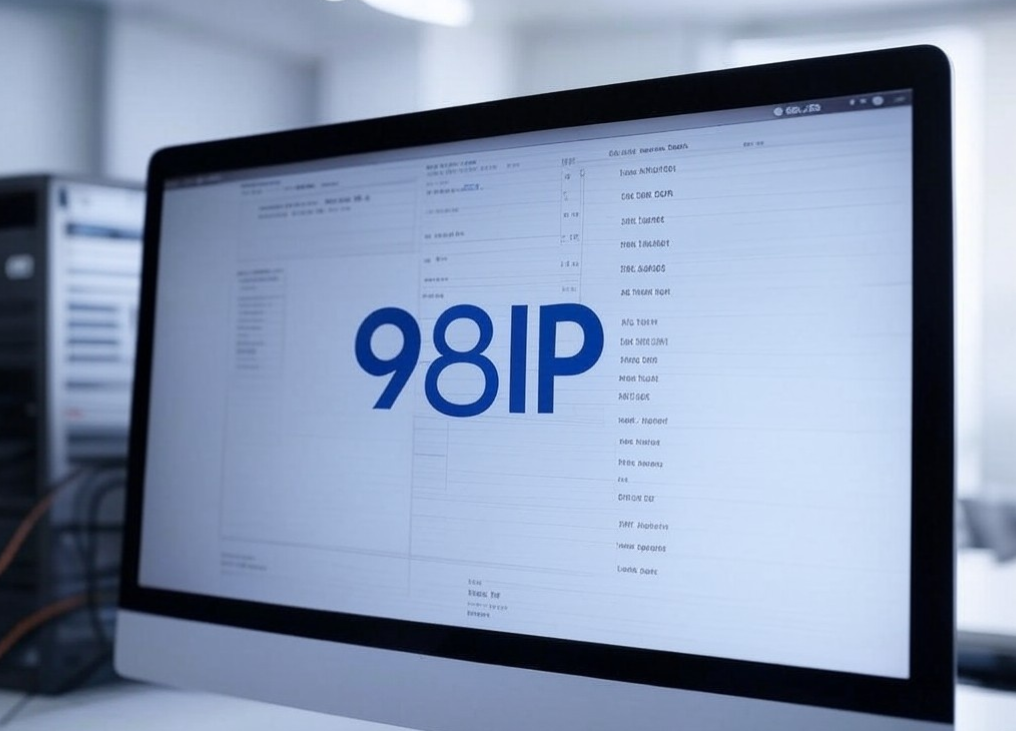
I. Basic understanding of dynamic IP address
1.1 What is a dynamic IP address?
A dynamic IP address is an IP address that is dynamically assigned by an Internet service provider (ISP) every time a device connects to the Internet. Unlike a static IP address (which is fixed), a dynamic IP address may change every time you connect, which increases the anonymity of the user's identity and the security of the network.
1.2 Advantages of dynamic IP addresses
- Improved security: The frequent changes of dynamic IP addresses reduce the risk of continuous attacks by hackers.
- Cost-effectiveness: For most home and small business users, dynamic IP addresses are usually the default configuration at no additional cost.
- Resource optimization: ISPs can manage their IP address pools more efficiently by dynamically assigning IP addresses.
II. Configure and use dynamic IP addresses
2.1 Connect to the Internet
- Home network: In a home environment, the router usually automatically handles the acquisition and allocation of dynamic IP addresses. Users only need to make sure that the router is properly connected to the ISP and turn on the DHCP (Dynamic Host Configuration Protocol) service.
- Enterprise network: In an enterprise environment, network administrators need to configure routers or firewalls to support DHCP and manage dynamic IP address allocation in the network.
2.2 Check IP address
- Windows system: Open the command prompt, enter
ipconfig, and check the "IPv4 address" under "Ethernet adapter" or "Wireless LAN adapter". - macOS system: Open "System Preferences", select "Network", select the corresponding network interface, click "Advanced", and check "IP address" under the "TCP/IP" tab.
- Linux system: Open the terminal, enter
ifconfigorip addrto view the information of the network interface.
2.3 Using dynamic IP addresses for data collection and browsing
- Anonymous browsing: Changing dynamic IP addresses helps protect user privacy and reduce tracking of online activities.
- Data collection: Under the premise of legality and compliance, using dynamic IP addresses can bypass the IP blocking of certain websites and increase the success rate of data collection.
III. Key considerations
3.1 Comply with laws and regulations
- When using dynamic IP addresses for any activities, be sure to comply with local laws and regulations, including data protection, privacy protection, and copyright laws.
3.2 Network security awareness
- Although dynamic IP addresses improve anonymity, users still need to maintain network security awareness, such as using strong passwords, regularly updating software, and avoiding clicking on suspicious links.
3.3 Proxy service selection
- When a higher level of anonymity and stability is required, consider using a proxy service. Service providers such as 98IP Proxy provide high-quality dynamic IP addresses that can simulate real user behavior and reduce the risk of being identified as a crawler by the target website.
3.4 Monitoring and Logging
- When using dynamic IP addresses for sensitive operations, it is recommended to monitor network connections and logging to promptly detect and respond to any potential security threats.
3.5 Potential Impact of Frequent IP Changes
- Although the change of dynamic IP addresses helps protect privacy, too frequent changes may cause unstable connections and affect the network experience.
IV. Summary and Suggestions
The use of dynamic IP addresses provides users with greater flexibility and anonymity, but it also brings some challenges. In order to fully utilize the advantages of dynamic IP addresses, users need to understand how to configure and use them correctly, while paying attention to some key matters. When choosing a proxy service, such as 98IP Proxy, users should pay attention to its service quality, stability, and security. Most importantly, no matter what IP address is used, users should comply with laws and regulations, maintain network security awareness, and regularly monitor network connections and logging.
By following these guidelines and precautions, users can use dynamic IP addresses more safely and effectively, and enjoy the convenience and fun brought by the digital age.
Related Recommendations
- Why is it always dropped when collecting data using dynamic IP? How to solve it?
- What should overseas IP agents pay attention to when conducting email marketing?
- Rotating agents play a key role in the advertising verification business
- Classification of web crawler
- How to evaluate cross-border e-commerce sellers 'stores?
- Shrimp skin multi-account operation: How to use proxy IP to avoid associated titles?
- What factors should be considered when selecting a residential agent IP?
- Indonesia's TikTok live broadcast transaction volume explodes, proxy IP has become a key driver
- If you want to protect your brand well, is proxy IP necessary?
- Must-have for cross-border e-commerce: 8 practical application scenarios for agent IP

